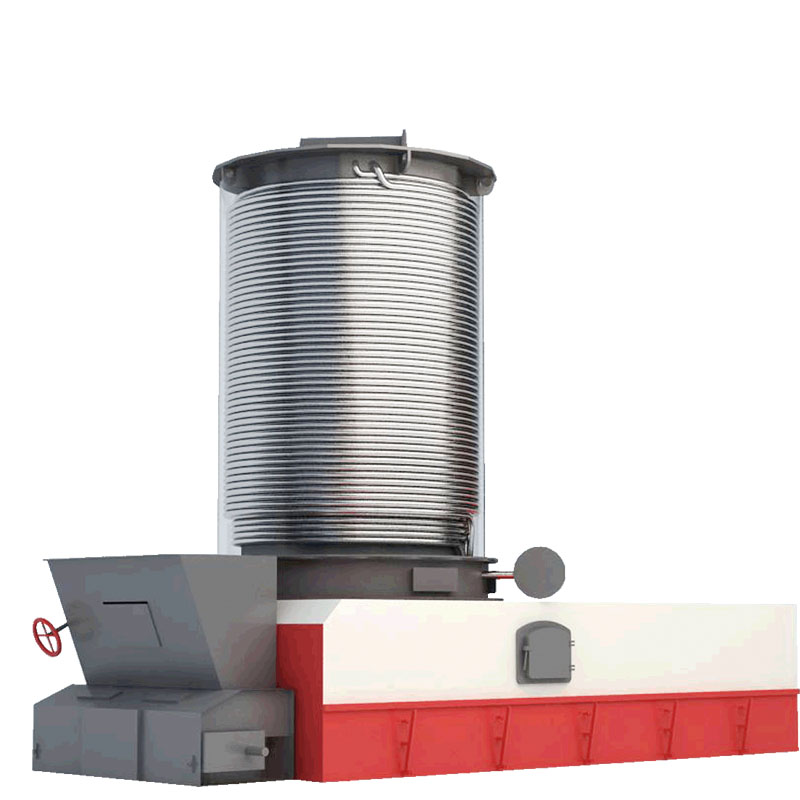Sep . 29, 2024 03:42 Back to list
Deep Groove Ball Bearings Supplier for Precision Engineering Applications and Industries
Understanding Deep Groove Ball Bearings A Comprehensive Overview
Deep groove ball bearings are one of the most commonly used types of bearings in various mechanical applications. Renowned for their versatility and reliability, these bearings are employed in everything from household appliances to industrial machinery. The manufacturers of deep groove ball bearings play a crucial role in ensuring that these components meet the rigorous demands of modern technology.
What are Deep Groove Ball Bearings?
Deep groove ball bearings consist of an inner ring, an outer ring, a cage, and balls that are placed between the two rings. The design features a deep raceway, which allows for the accommodation of both radial and axial loads. This means they can handle forces acting in multiple directions, making them ideal for a range of applications.
One of the key advantages of deep groove ball bearings is their simplicity. The straightforward design leads to easier installation and maintenance, which is why they are commonly found in applications ranging from electric motors and gearboxes to automotive components and conveyor systems. Additionally, they offer a high-speed operation capability, which is critical in many industrial applications.
The Manufacturing Process
The manufacturing process of deep groove ball bearings is intricate and requires precision. High-quality materials, such as carbon steel or ceramic, are typically used to enhance the bearings' performance and longevity.
1. Raw Material Preparation The process begins with selecting the right raw materials. Manufacturers often utilize high-grade steel or alternative materials like ceramic, depending on the required properties of the bearings.
2. Heat Treatment Once the raw materials are prepared, they undergo heat treatment to improve hardness and durability. This process is crucial, as it directly impacts the bearing's load-bearing capacity and service life.
3. Precision Machining The inner and outer rings, as well as the retainer and balls, are machined using advanced equipment. Precision is key at this stage to ensure that all components fit together seamlessly.
deep groove ball bearings manufacturer

4. Assembly Following machining, the components are carefully assembled. Manufacturers use automated systems to guarantee consistency while also employing skilled technicians to oversee the process and ensure quality control.
5. Quality Inspection Before the products are shipped, they undergo rigorous quality inspections. Tests may include dimensional verification, noise testing, and performance assessments under load. This ensures that the bearings meet or exceed industry standards.
Applications of Deep Groove Ball Bearings
Deep groove ball bearings are widely used across various industries. In the automotive sector, they are found in engines, transmissions, and wheels, where they help reduce friction and wear. In the manufacturing industry, these bearings are essential in conveyor systems, pumps, and compressors, contributing to the overall efficiency of operations.
Moreover, these bearings find applications in consumer electronics, such as washing machines, electric fans, and power tools. The ability to handle high speeds while maintaining low friction makes them an ideal choice for many devices, contributing to improved performance and energy efficiency.
Choosing the Right Manufacturer
Selecting a reputable deep groove ball bearings manufacturer is critical for ensuring quality and performance. Companies should look for manufacturers that have a proven track record, use advanced technology, and adhere to international quality standards.
It's essential to evaluate the manufacturer’s expertise, technological capabilities, and the range of products they offer. Many manufacturers also provide customization options, allowing businesses to tailor bearings to specific requirements, which can be a significant advantage in competitive markets.
Conclusion
Deep groove ball bearings are integral components that support the efficient operation of machines and devices across numerous industries. With their ability to handle both radial and axial loads, these bearings demonstrate remarkable versatility and reliability. As technology continues to advance, the role of quality manufacturers in producing deep groove ball bearings becomes increasingly vital, ensuring that products meet the evolving demands of the marketplace. Understanding the intricacies of these bearings and partnering with the right manufacturer can significantly enhance operational efficiency and product performance in various applications.
Latest news
-
25MM 2 BOLT UCFLX05-14 Flange bearing unit( oval)
NewsMar.07,2025
-
4 bolt UCF 200 series Pillow block bearings
NewsMar.07,2025
-
25MM 2 BOLT UCFLX05-14 Flange bearing unit( oval)
NewsMar.07,2025
-
UCF216-50 4-Bolt Flange Housing Square Bearing
NewsMar.07,2025
-
25MM 2 BOLT UCFLX05-14 Flange bearing unit( oval)
NewsMar.07,2025
-
spherical roller bearing material exporter
NewsMar.07,2025





